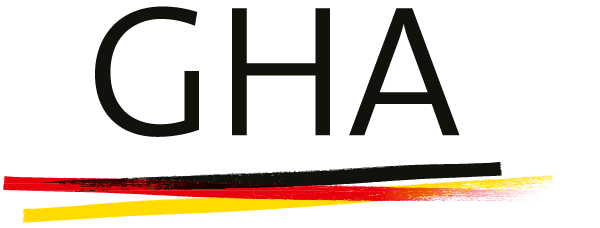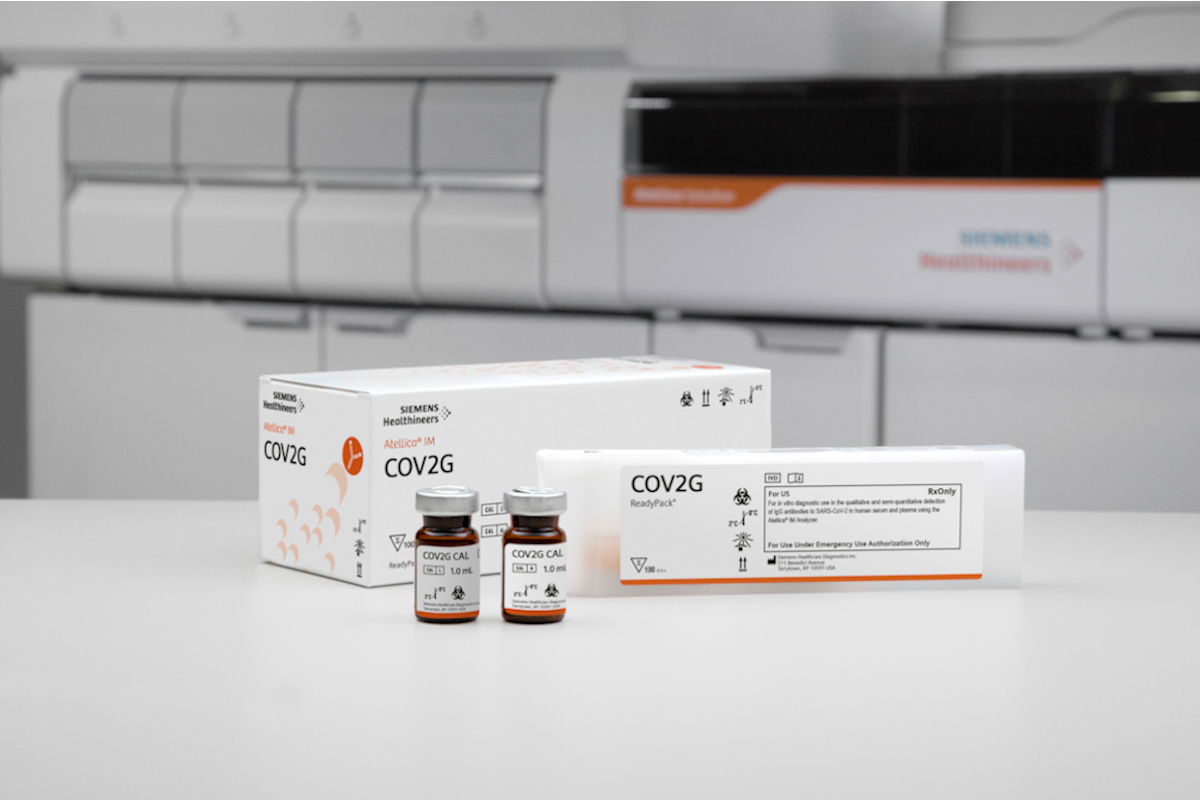Today, the U.S. Food and Drug Administration authorized the first two COVID-19 serology tests that display an estimated quantity of antibodies present in the individual’s blood. Both tests from Siemens, the ADVIA Centaur COV2G and Atellica IM COV2G, are what are known as “semi-quantitative” tests, meaning that they do not display a precise measurement, but estimate the quantity of a patient’s antibodies produced against infection with the virus that causes COVID-19.
“Being able to measure a patient’s relative level of antibodies in response to a previous SARS-CoV-2 infection may be useful as we continue to learn more about the virus and what the existence of antibodies may mean,” said Tim Stenzel, M.D., Ph.D., director of the Office of In Vitro Diagnostics and Radiological Health in the FDA’s Center for Devices and Radiological Health. “There are still many unknowns about what the presence of SARS-CoV-2 antibodies may tell us about potential immunity, but today’s authorizations give us additional tools to evaluate those antibodies as we continue to research and study this virus. Patients should not interpret results as telling them they are immune, or have any level of immunity, from the virus.”
Due to these unknowns, the FDA cautions patients against using the results from these tests, or any serology test, as an indication that they can stop taking steps to protect themselves and others, such as stopping social distancing, discontinuing wearing masks or returning to work. The FDA also wants to remind patients that serology tests should not be used to diagnose an active infection, as they only detect antibodies the immune system develops in response to the virus – not the virus itself.
The FDA, an agency within the U.S. Department of Health and Human Services, protects the public health by assuring the safety, effectiveness, and security of human and veterinary drugs, vaccines and other biological products for human use, and medical devices. The agency also is responsible for the safety and security of our nation’s food supply, cosmetics, dietary supplements, products that give off electronic radiation, and for regulating tobacco products.

